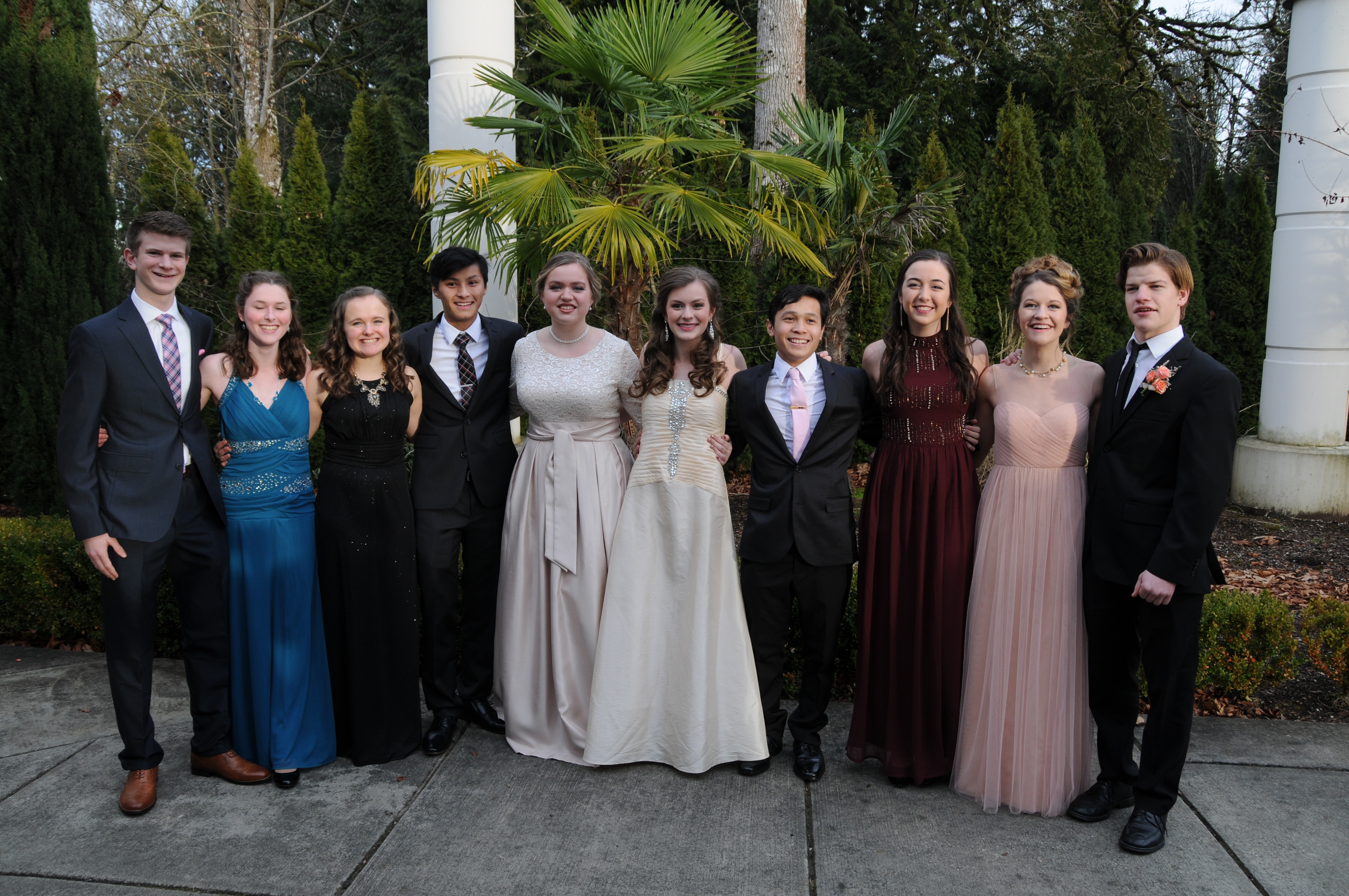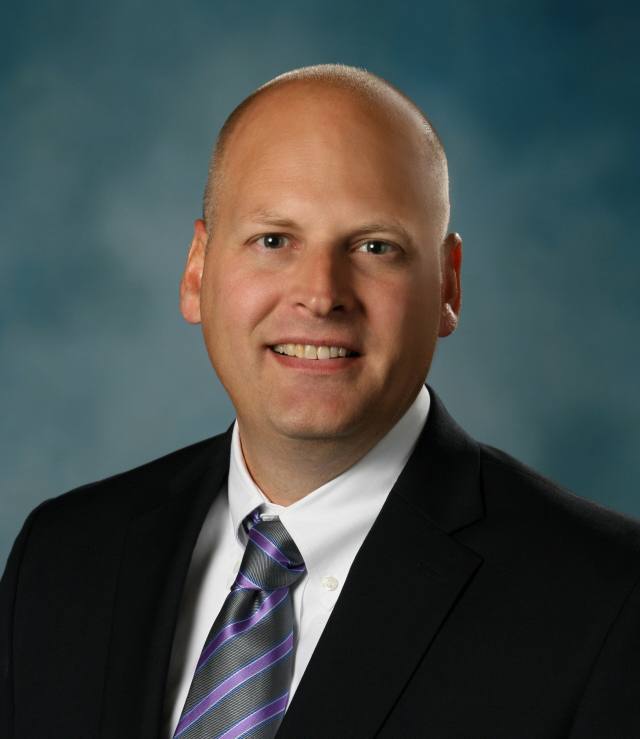Our oldest son is a junior at Grove City College near Pittsburgh. Last year he was invited to a formal political event, where he met various people in the local community, and he commented on what he, in hindsight, considers an important element of his training.
Protocol mixers were beneficial because they imitated ‘real life’ professional events, giving practical advice on how to interact with others in those settings.
So what is protocol? The word itself tends to conjure up formal associations: systems of order, hierarchy, or perhaps military guidelines that govern important procedures. At Providence, protocol refers to training social graces, attitudes, and habits that prepare young men and women to be faithful citizens and faithful spouses. Ultimately, protocol classes and events seek to humanize our students so that they can apply Christian charity and civility for the purpose of loving their neighbor.
In his book Civility: Manner, Morals, and the Etiquette of Democracy, author Stephen Carter provides an historical overview of the religious, philosophical, and cultural decline of civility. He writes, “Civility is possible only if members of a community bind themselves to obey a set of behaviors not because the law requires it but because they understand the virtue of sacrificing their own desires – their own freedom to choose – for the good of the larger community of which they are a part.” This provides a wonderful summary of our goals for protocol.
While this communal training at Providence starts in pre-k, our official protocol training begins in high school, when 9th and 10th graders take part in “Semi-formal Protocol”, where they learn practical skills like where to place their napkin while dining in a restaurant, how to conduct themselves around members of the opposite sex, and which fork to use for the salad. Juniors and seniors take it one step further with the “Formal Protocol” event. Young men are paired with a young lady for the evening and are to serve by holding doors, pulling the chair out at dinner, and ensuring the ladies have a wonderful evening. In October we dined at Ruth’s Chris in Seattle, and took in Aladdin at the Paramount. Parents and teachers also attend each of these events, thus making it an engaging and fun evening for the entire community.


Another part of the high school training is the protocol mixer, where students are taught how to introduce themselves to a stranger, how to carry on a conversation by showing interest in another person, and how to exit a conversation graciously. Coordinated by Providence parents, the mixer is held at the home of a Providence family, and attended by community guests invited and asked to interact with the students so they can apply and put into practice what they have learned. This can be a bit awkward at times, but how many of us had the opportunity to learn how to do this in a safe and friendly environment?
While we seek to take back the culture currently captive to the goals of narcissism and autonomy, we desperately need to restore and regain civility. Carter argues that this can only be done when the three main institutions (home, school, and church) work together to “reinforce the moral understandings that the others are teaching…” May God allow us to be part of a cultural reformation to regain our lost civility.
